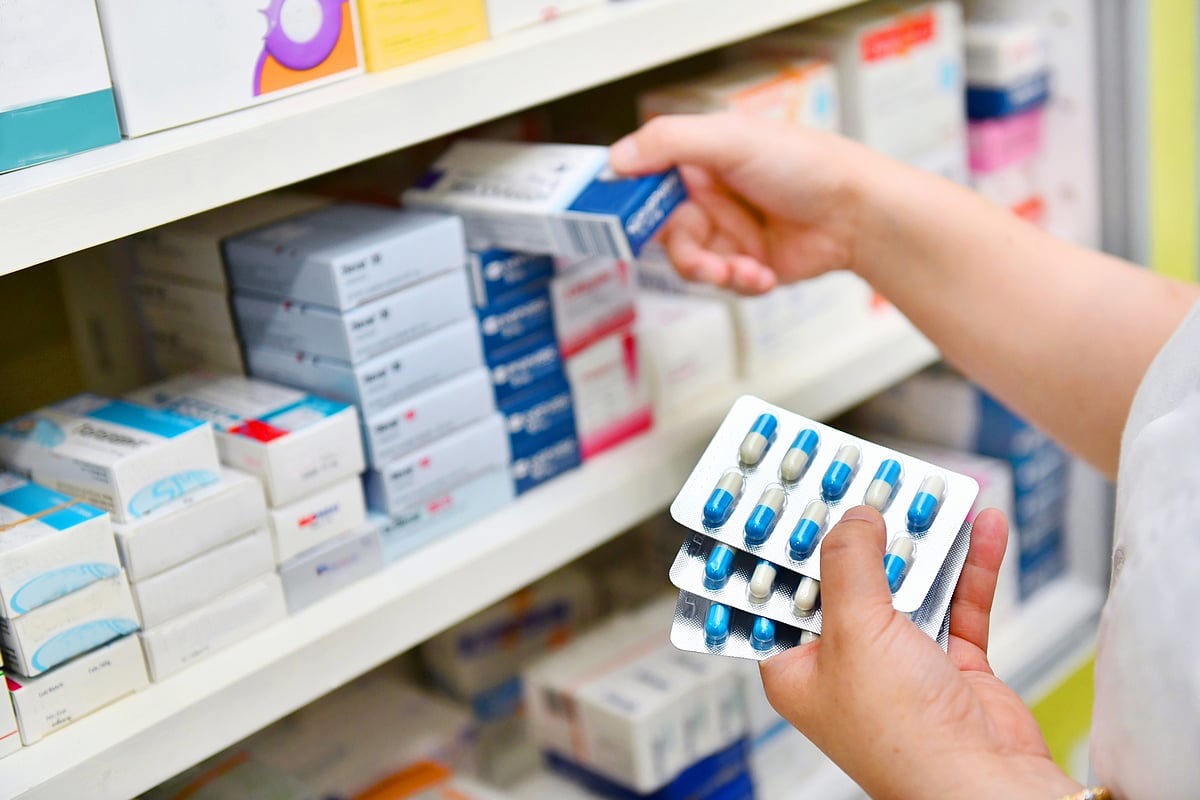The UAE’s pharmaceutical sector is experiencing significant growth, with its current market valued at $4.15 billion and projections indicating it could double to $8 billion by 2033. This information was shared by Dr. Fatima Al Kaabi, Director General of the Emirates Drug Establishment, during her comments to Khaleej Times at the World Local Production Forum 2025 in Abu Dhabi.

Dr. Al Kaabi highlighted that the industry’s expansion is driven by innovation, regulatory excellence, and increased investment in local manufacturing. The sector also benefits from improved healthcare policies and mandatory insurance schemes, which enhance access to essential medicines for the population.
Partnerships with global pharmaceutical companies and advancements in local manufacturing capabilities are instrumental in the growth of the UAE’s pharmaceutical market. These elements are not only improving accessibility to medicines but also ensuring high-quality care for patients.
Discussing the UAE’s attractiveness as a hub for global pharmaceutical and biotech companies, Dr. Al Kaabi stated that the country offers a strong economic foundation and a sense of stability and safety. She noted that these factors create ideal conditions for investment and growth in the pharmaceutical sector.
Dr. Al Kaabi emphasized that while some may view the local demand as limited due to the country’s size, the real potential lies in the UAE’s robust export capabilities, strategic relationships, trade agreements, and supportive policies. She remarked that these factors position the UAE as a global business hub where companies are increasingly engaging in research and development and collaborating with local manufacturers.
She also pointed out the importance of having regulatory systems ready to respond quickly during health crises, such as disease outbreaks or pandemics. Dr. Al Kaabi stated that the regulatory aim is to act as facilitators and enablers to accelerate progress in the pharmaceutical landscape.
Moreover, she noted that both government and private sector entities are increasingly adopting collaborative frameworks, such as Public-Private Partnerships (PPP), to meet growing demands efficiently and sustainably. Dr. Al Kaabi highlighted the benefits of PPPs, stating that they create jobs, nurture talent, and provide a solid foundation for long-term growth.
In addition, Dr. Al Kaabi discussed the crucial role of artificial intelligence (AI) in transforming the pharmaceutical and healthcare sectors in the UAE. She explained that AI enhances pharmacovigilance systems, accelerates clinical trials, and aids in designing predictive models for new therapies. This technology enables smarter data capture and faster decision-making, ultimately improving patient care.
Dr. Al Kaabi concluded by emphasizing that AI is essential not only for data collection but also for generating immediate, actionable outcomes. She mentioned that AI could reduce clinical trial timelines significantly and help establish regulatory frameworks for emerging advanced therapies like nano and stem cell treatments, ensuring safety and quality in the future.


Leave a Reply